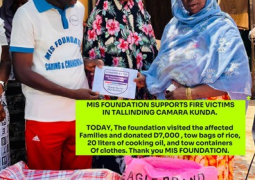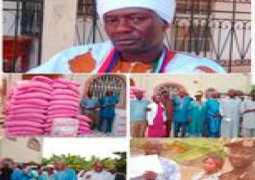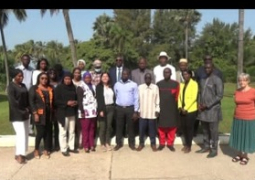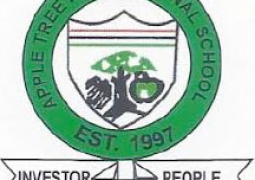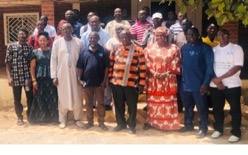
The workshop covered 3 sectors - Waste, Transport and Tourism, exploring which would need to go to net zero greenhouse gas emissions, with key policies and recommendations identified towards undertaking mitigation actions for sectoral GHG emission reduction.
Data used for existing models and quantification exercises were presented on the three sectors by different experts and discussed by the participants.
In an effort to put long-term goals of the Paris Agreement into practice, countries are invited to formulate and communicate “long-term, low greenhouse gas emission development strategies” (LT-LEDS), also referred to as Long Term Strategies (LTS). These are visionary plans for achieving low-carbon, climate-resilient societies out to 2050.
The previous workshop covered 3 sectors - Energy, Agriculture and Forestry, during which Pakau Consultancy conducted a brief demonstration on the Low Emission Analysis Platform (LEAP) modelling software.
Working closely with Pakau Consultancy, American International University West Africa (AIUWA) the Legacy Partner appointed to lead capacity building activities during the implementation of the LTS, conducted a brief demonstration on an alternative modelling software that would complement LEAP, called System Dynamic. In order to effectively understand the future climatic conditions in The Gambia and the associated risks, the comparative advantages of the 2 soft wares would enable projections based on policy actions implemented and trends of socio-economic drivers to be more easily gleaned.
Momodou Mbye Jabang, permanent secretary of the Ministry of Environment, Climate Change and Natural Resources (MECCNAR) in his closing remarks said his Ministry was pleased that the stakeholder engagement was very fruitful and that a cross section of inter-sectoral participants who have an important stake in determining the final shape of the Long Term Strategy gave the workshop their best.
He added that the Ministry of Environment is proud that The Gambia has achieved a standard Nationally Determine Contribution (NDC) document that is identified globally, noting that they want to maintain that footing.
“It is globally determined that we are on track to achieve the Paris Agreement goal and we must make sure we put all our hands on deck so that any document that is coming after that mirrors the excellence that is already captured in that document, so that we maintain that position and enhance our ability to mobilise resources to fulfill what we map out in the long-term strategy,” PS Jabang stated.
The event was moderated by Ebrima Jawara, Deputy Permanent Secretary Finance and Administration of MECCNAR and LTS National Coordinator and facilitated by Sambou Kinteh, Climate Change officer at MECCNAR, Alhagie Sarr, Senior Programme Officer at National Environment Agency, Morro Sanyang, Statistician at the Ministry of Transport, Works and Infrastructure, Mamadi Dampha, Deputy Permanent Secretary at the Ministry of Tourism, and Culture and Dr Mohammed Abdullahi, Lecturer at AIUWA.


